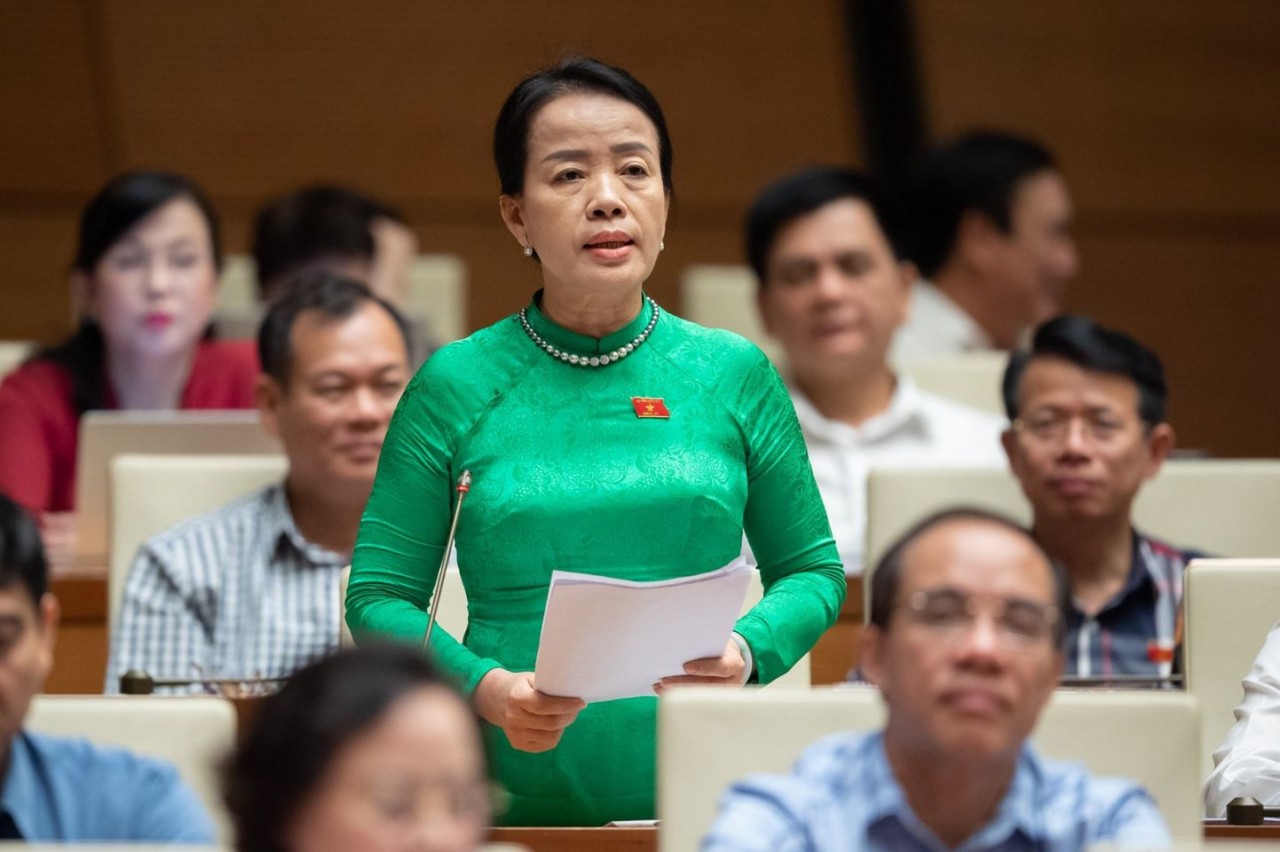 |
| National Assembly delegate Nguyen Thi Kim Thuy said at the National Assembly thateducational reform without proactive human and financial resources is difficult to do well. |
Debate on university autonomy 'constraining' or 'very open'
According to Deputy Bui Thi Quynh Tho ( Ha Tinh ), besides certain achievements in implementing university autonomy, there are challenges in mobilizing financial resources.
The delegate said that the survey showed that the autonomy mechanism has made competition between schools increasingly fierce. Universities will pursue training programs that are easy to recruit, causing an imbalance in the national human resource development strategy.
"The input and output quality of students and trainees, especially in master's training, the quality of teaching and training at many universities is no longer the top concern, but instead the source of income and the number of students and trainees that can be recruited," said Ms. Tho.
This delegate said that due to the lack of consistency between the Law on Higher Education and a number of other specialized laws regulating higher education, the tools and policies to implement autonomy are still limited, causing difficulties for many schools.
"Regarding personnel management, public universities are not allowed to decide on their own the use, recruitment, rotation, appointment... but must comply with the provisions of the Law on Civil Servants and the governing body. This will make it difficult to recruit workers and arrange suitable, quality personnel...
Regarding finance, there are many barriers due to the lack of synchronization between the Law on Higher Education and the Law on State Budget, the Law on Management and Use of Public Assets... Public service units must cut their budgets according to a roadmap every 5 years, making spending at educational institutions increasingly tight.
Therefore, delegate Bui Thi Quynh Tho suggested that it is necessary to quickly plan a network of higher education institutions. This network must be closely linked to the national socio-economic development strategy, the development orientation of economic regions and localities.
"Planning for higher education institutions must be based on the stratification of schools; there is no general regulation for all schools in the country.
At the same time, thoroughly grasp the principle that in parallel with autonomy and implementing autonomy is the self-responsibility of higher education institutions, the more autonomy, the more responsibility...
Regarding state budget expenditures, regular expenditures for the education sector should be considered as development investment expenditures. From there, the state can have a more reasonable investment allocation strategy and develop the education and training sector, especially higher education, in accordance with the set goals and orientations," Ms. Tho proposed.
Debate on the statement that universities are constrained by regulations and therefore cannot be autonomous by Deputy Quynh Tho, Deputy Do Chi Nghia (Phu Yen) said that there are still "unique" regulations for schools to apply.
"Sometimes those are very open policies," Mr. Nghia affirmed.
To prove his point, Mr. Nghia said that according to Decree 81, schools will be able to decide their own tuition fees if their training programs are accredited. This has created a wave of competition to conduct accreditation to increase tuition fees. In fact, university tuition fees are currently increasing very high. There are schools that do not open normal majors but open high-quality majors to collect tuition fees.
"If it is a BOT project, the old road is still for people to use, those who have money can use the new road with new investment. However, currently, many schools have majors that have increased tuition fees from 20, 30 to 60 million VND because there is only a "BOT road". There are high-quality majors but the entrance score is lower than normal majors, only a few subjects are added, after the inspection is completed, the tuition fees are increased", Mr. Nghia compared.
"Mistakes are not without solutions"
Also in the discussion session this morning, Deputy Kim Thuy acknowledged the great efforts of the Ministry of Education and Training in developing the 2018 General Education Program and directing the compilation, publication, and distribution of new textbooks on schedule. Ms. Thuy also shared the difficulties in personnel and finance that the Ministry and the education sector in general find difficult to solve alone.
"Doing something that the whole country has high expectations for, which is educational innovation, the two most important factors are people and money, and if we are not proactive, it will be difficult to do well," said this delegate.
However, according to Ms. Thuy, if the Ministry of Education and Training closely inspects and promptly discusses with local leaders and reports to the Prime Minister for solutions, difficulties, obstacles and violations will not be unsolvable.
In her speech, Ms. Thuy only mentioned difficulties and problems and made 3 specific points.
Firstly, "The violations at the Vietnam Education Publishing House (a business under the Ministry) must be criminally prosecuted, partly due to the responsibility of the governing body for appointing the wrong leadership personnel and lacking in close inspection and supervision."
Second, regarding errors in some textbooks and the possibility of textbook shortages in the upcoming school year, Ms. Thuy said that although she shares the difficulties of the Ministry and the education sector, "I think that the attitude of the Ministry and publishing houses in accepting criticism is what makes voters worried and public opinion disagree. Currently, most criticisms and suggestions are not responded to by publishing houses and the Ministry. In some cases, the responses are not true to reality."
Ms. Thuy gave an example: "In the written response to my question, the Minister affirmed: "Vietnam Education Publishing House has recalled and repaired 110,000 books, and destroyed and reprinted 38,000 Grade 6 Natural Science books of the Ministry of Connecting Knowledge with Life.
But according to the feedback of teachers at many schools, the books have not been replaced with new books. To know which information is correct and which is incorrect, just check the book appraisal records: If the books were revised, when did the revision take place, are there any decisions to establish the Appraisal Council and the minutes of the Appraisal Council, or are there any approval decisions from the Minister…?
If we do not resolutely detect and handle the phenomena of lobbying and backstabbing in this matter, it will be similar to the criminal cases of bidding for equipment in the education sector itself.
Third, Ms. Thuy said that this is the most worrying thing, which is the lack of transparency and objectivity in the selection of books. This "not only does not encourage competition between organizations and individuals who compile, publish, and distribute textbooks to continuously improve the quality of textbooks, which is beneficial to teachers and learners, but also has the potential to encourage unhealthy competition, gradually distorting the policy of socialization, even eliminating socialization in this field, returning to the old monopoly situation".
For the reasons stated above, Ms. Thuy recommended that "The Government direct the organization of inspections, checks, detection and timely handling of violations. At the same time, request the Ministry of Education and Training to urgently review and immediately amend the unreasonable regulations of Circular 25".
And the second recommendation is "The National Assembly and the Government consider amending the Law on Education to continue implementing the policy of "diversifying learning materials" stated in Resolution 29 of the Central Committee and "socializing textbook compilation" stipulated in Resolution 88 of the National Assembly".
Source


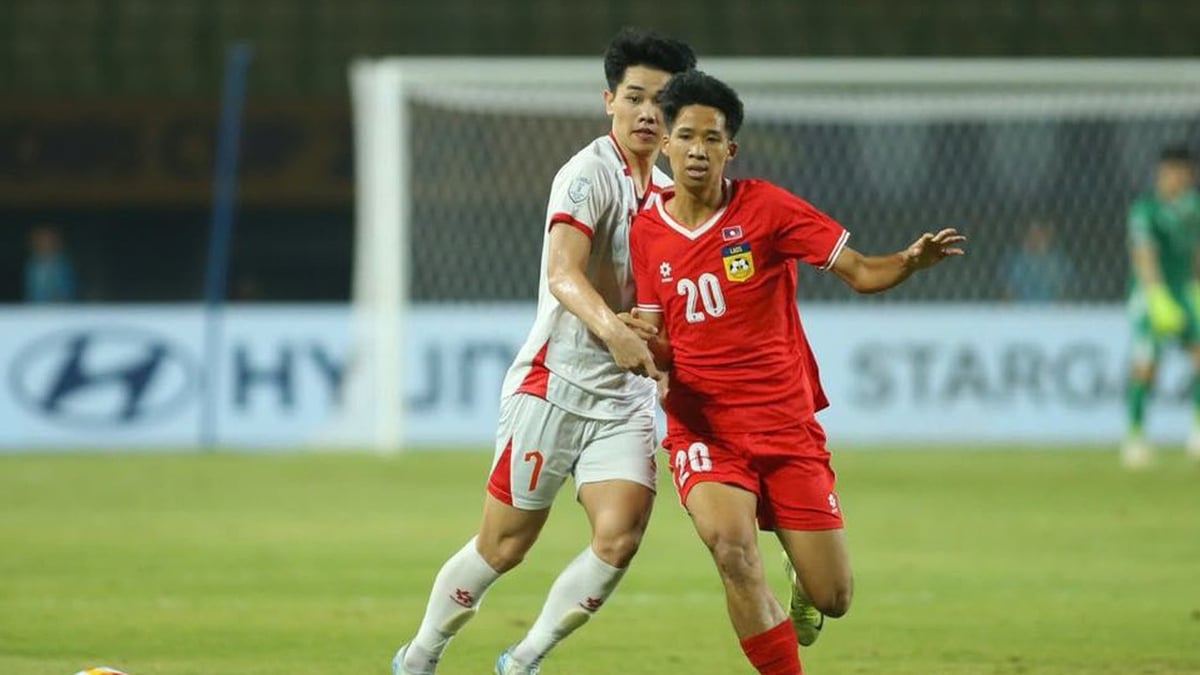



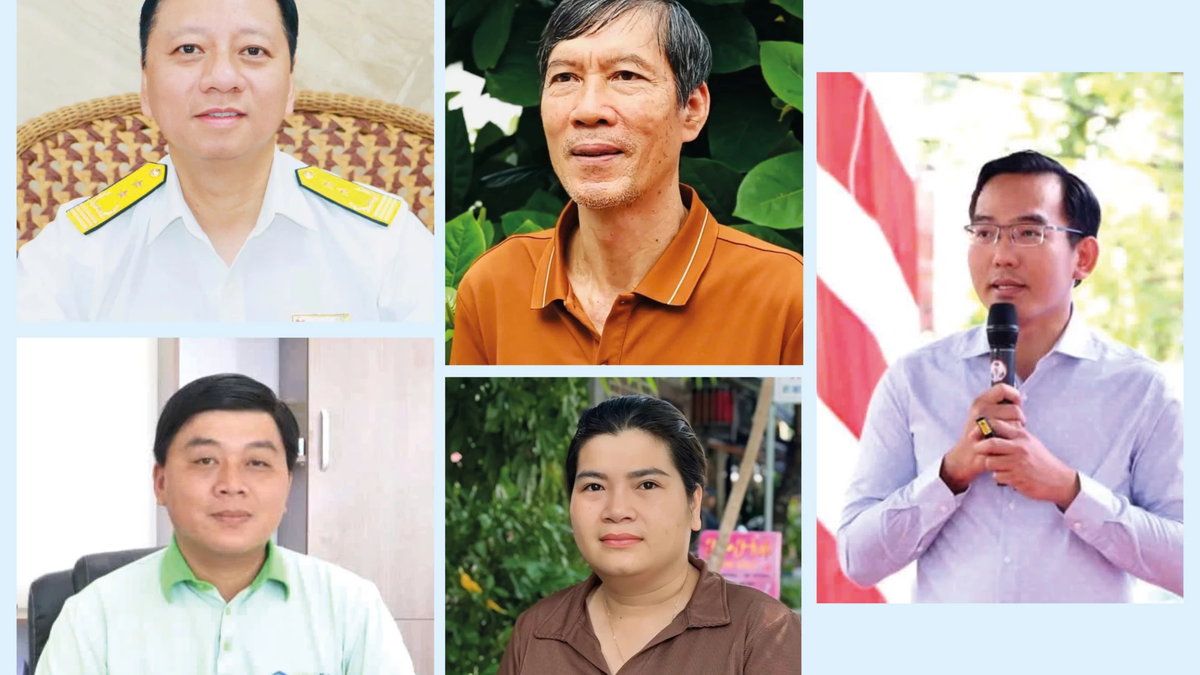
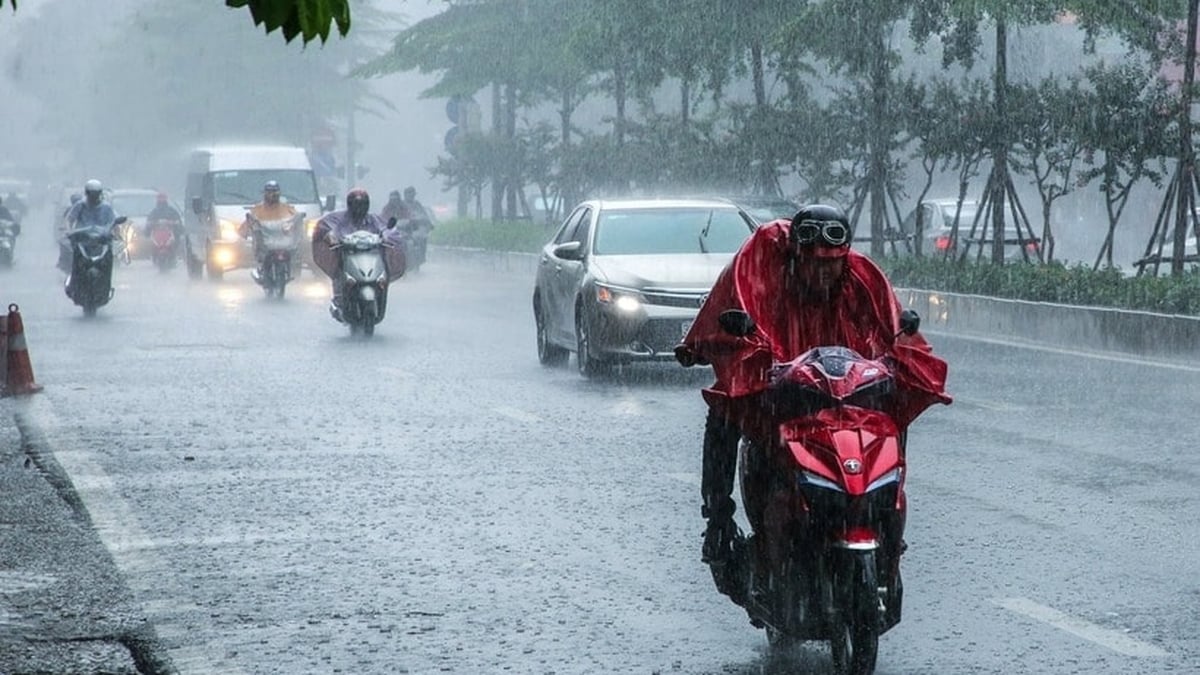
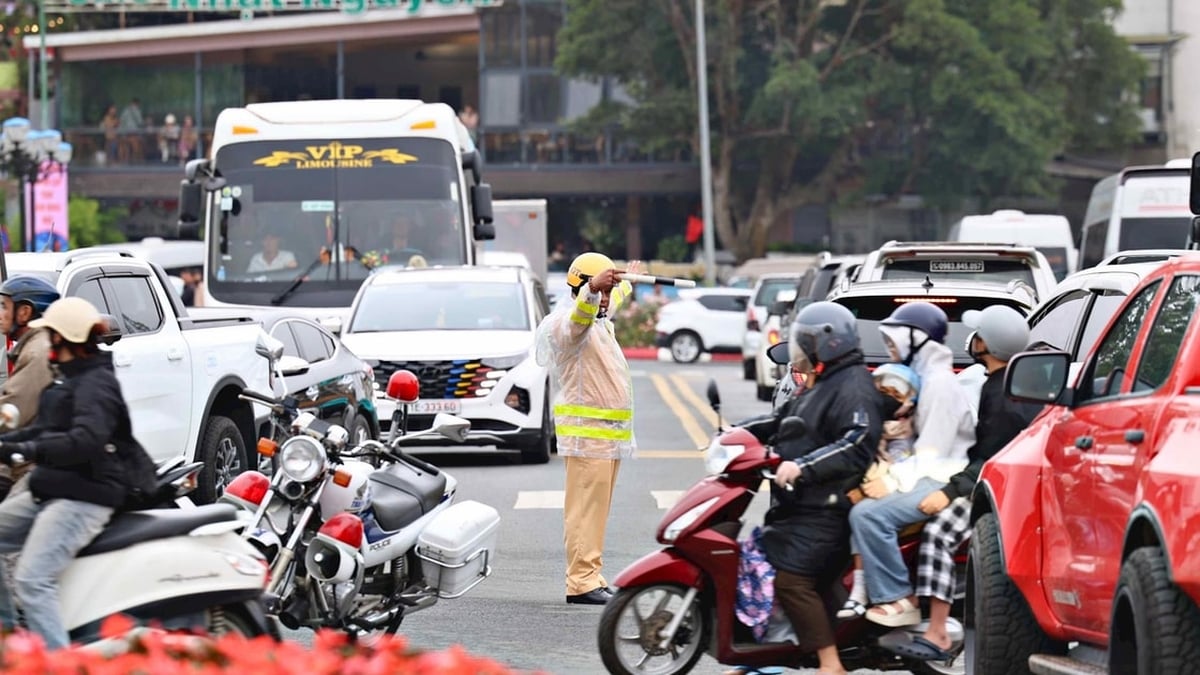
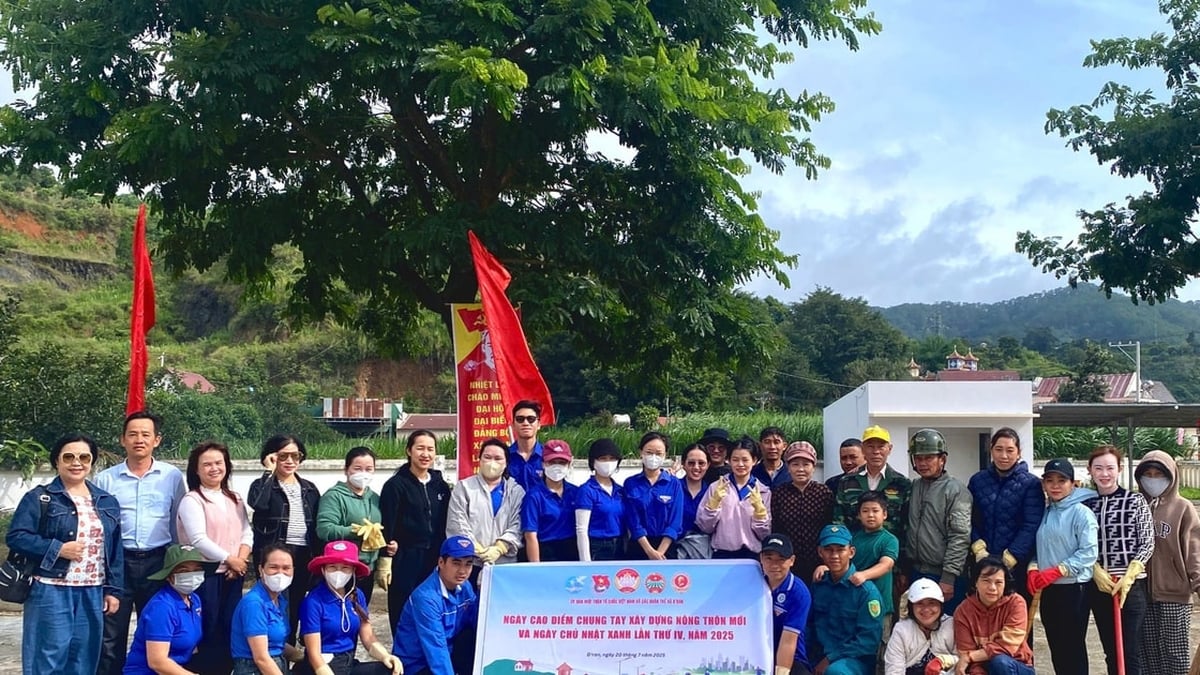
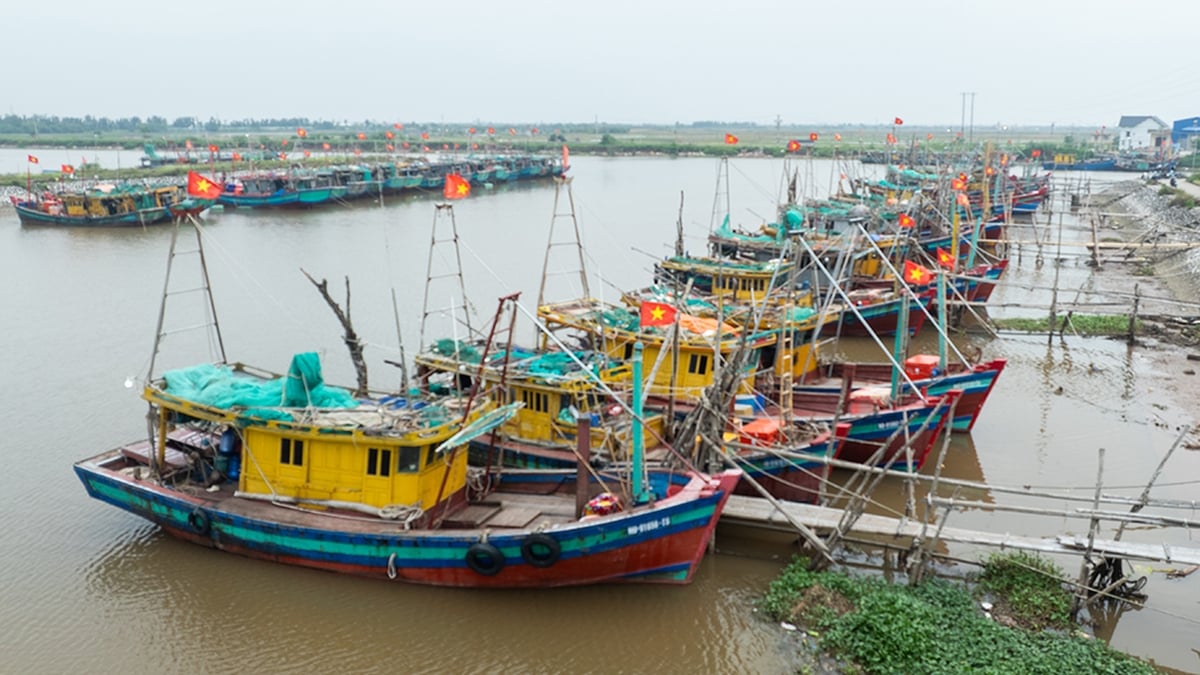
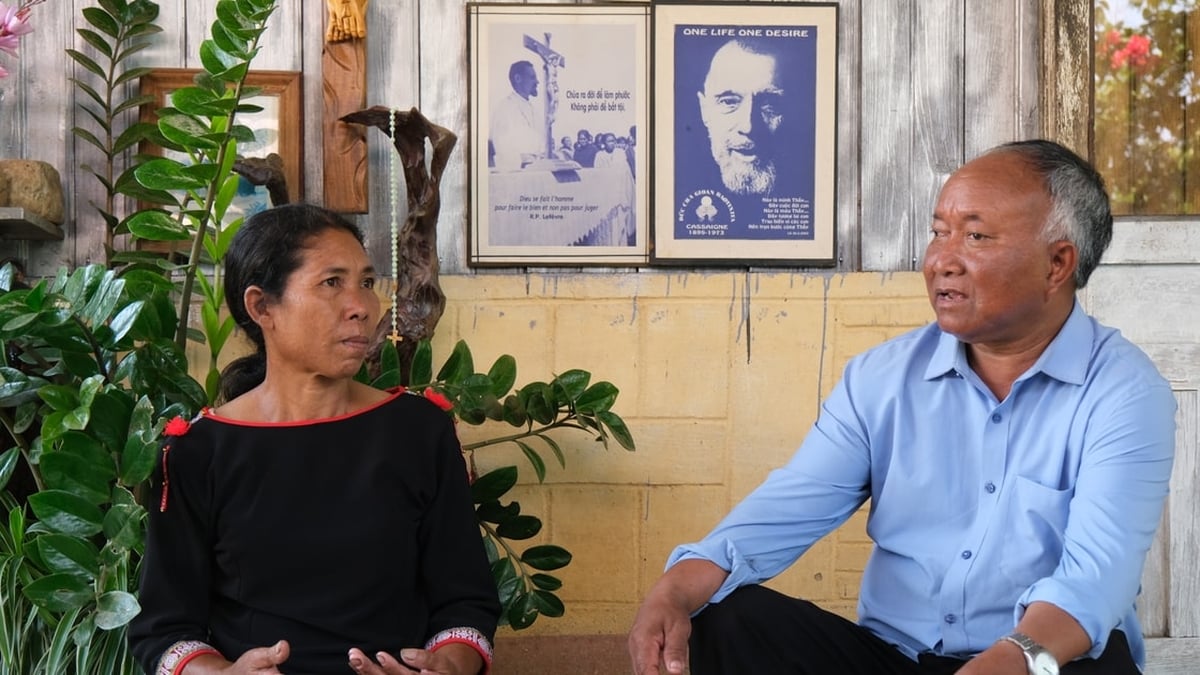














![[Photo] National Assembly Chairman Tran Thanh Man visits Vietnamese Heroic Mother Ta Thi Tran](https://vphoto.vietnam.vn/thumb/1200x675/vietnam/resource/IMAGE/2025/7/20/765c0bd057dd44ad83ab89fe0255b783)






































































Comment (0)